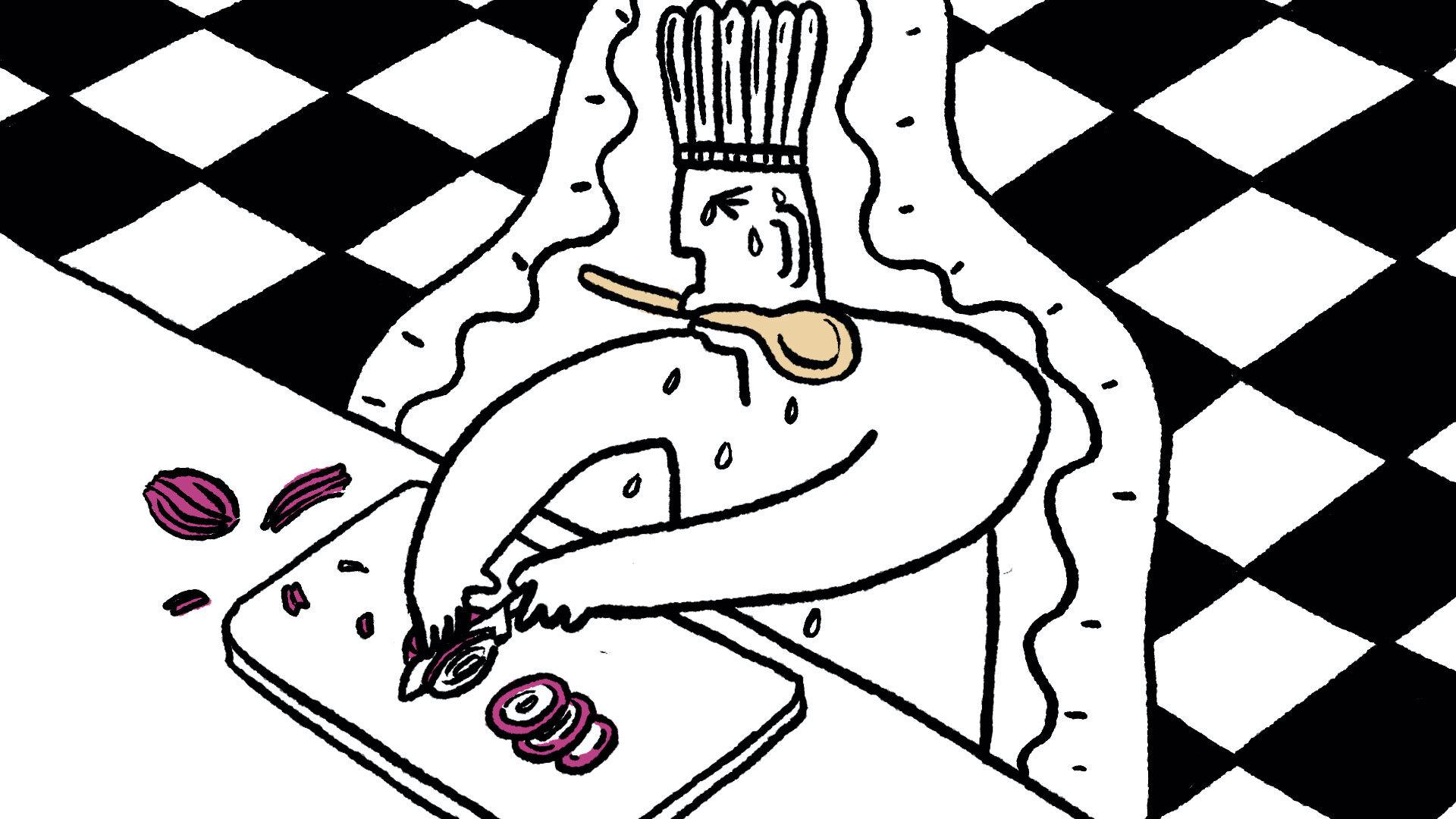We are all governed by a set of rules when we’re cooking: those fragments of wisdom picked up from parents, grandparents, and friends which we absorb and observe for years without even thinking about it.
Many of these urban legends don’t appear to have any grounding in reality. As a child, I remember flinging a piece of spaghetti earnestly at the wall to see if stuck and was, therefore, ready to eat. And to this day, I will still eye a cake impatiently when it comes out of the oven, because my mum always told me it had to cool down first — something to do with indigestion, apparently.
Inspired by a lengthy Twitter discussion on the subject a few weeks ago, we decided to put some of the most commonly-held kitchen rules to the test. Here is your definitive guide to which kitchen myths are true and which ones you can stop worrying about.
